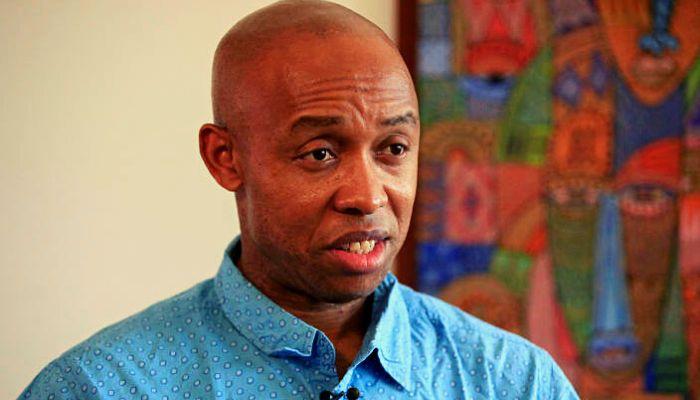Odinkalu Exposes the Real Threat: Cult Groups, Not IPOB, Driving Insecurity in South-East

Chidi Anselm Odinkalu, a distinguished Nigerian human rights defender, legal scholar, educator, and writer, has offered critical insights into the rising insecurity in Nigeria’s South-East region.
Having formerly served as the head of the National Human Rights Commission (NHRC), Odinkalu attributes much of the escalating violence in the South-East not to separatist groups, but to the surge of cult organizations allegedly backed by certain political figures.
During an appearance on Channels Television’s Politics Today last Thursday, Odinkalu disputed the widespread assumption that the Indigenous People of Biafra (IPOB) and its paramilitary wing, the Eastern Security Network (ESN), are solely responsible for the region’s unrest.
“It is misleading to attribute every security challenge in the South-East to IPOB,” Odinkalu emphasized. “Based on my thorough investigations and professional background, the predominant threat is the rise of cult groups, which receive financial support from political stakeholders.”
He elaborated on cultism as a deeply rooted and alarming issue that has quietly emerged as the primary security concern in the area. “The extent of cult-related activities in the South-East is vast, yet many remain unaware of its true magnitude,” he remarked.
While acknowledging IPOB’s existence, Odinkalu cautioned against overstating its involvement in violent incidents. “IPOB undoubtedly operates in the region, but its role in the violence is often exaggerated,” he stated.
He cited specific examples, noting that in some communities, such as Obosi in Anambra State, IPOB’s presence is negligible or absent. “It is inaccurate to label Obosi as an IPOB stronghold; the group does not have a significant influence there,” he clarified.
Odinkalu highlighted that the more pressing concern is the political sponsorship of violent cult factions, which has enabled a network of armed groups to function with impunity, beyond the reach of law enforcement.
He concluded by urging a shift away from simplistic political scapegoating towards addressing the entrenched problem of politically fueled cultism, which is the root cause of insecurity in the South-East.








Leave a Reply